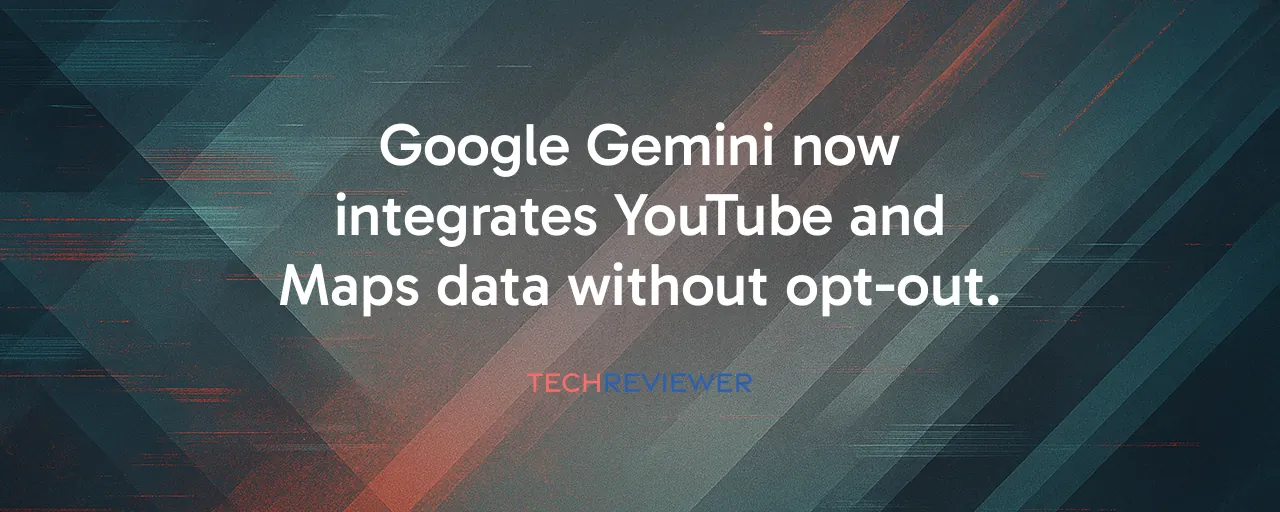Data Floodgates Open
On October 13, 2025, Google flipped a switch on its Gemini AI, making public data from YouTube, Maps, Flights, and Hotels flow directly into its responses. No more toggles to opt out. This change lets Gemini deliver richer answers, pulling video snippets or location details without extra steps. Developers using Gemini Code Assist report up to 40 percent faster coding velocity, according to industry reports. General API development efficiency gains are not quantified. Yet, the shift has ignited a firestorm of debate about user control and corporate power.
Why Developers Cheer, but Privacy Groups Worry
For developers, Gemini's new setup is a gift. They no longer need separate API calls to tap into YouTube's vast video library or Maps' location data, streamlining apps like urban planning tools that analyze EV charging sites or navigation apps suggesting optimal routes. Healthcare providers are exploring Gemini's multimodal capabilities for diagnostic tools, but must navigate compliance challenges when handling patient data. But privacy advocates see a darker side. The move from opt-in to mandatory data use strips away user choice, raising fears about how public contributions, like YouTube comments or Maps reviews, feed AI systems without consent.
A Competitive Jab at OpenAI
Google's timing tells a story of its own. Just weeks after OpenAI unveiled expanded ChatGPT integrations with platforms like Spotify and YouTube, Google made its move. Unlike ChatGPT's plugin model, which requires users to connect third-party apps explicitly, Gemini embeds Google's proprietary data directly into its core. This gives Google a competitive edge, leveraging its 13.5 percent market share against ChatGPT's dominant 62.5 percent, as reported in September 2025. However, federal courts are watching closely, with Judge Amit Mehta questioning whether bundling Gemini with Maps and YouTube mirrors Google's past anti-competitive tactics in Search.
Real-World Wins and Pitfalls
Consider healthcare: Organizations using Google Workspace to access Gemini for diagnostics must reassess whether correlating public data with protected health information creates HIPAA compliance risks. Similarly, urban planners using Gemini with Google Earth can map EV charging networks with unprecedented detail, saving time and resources. Yet, small businesses worry their public Maps listings could become AI fodder, potentially skewing competitive recommendations. These cases show Gemini's power to transform workflows while creating new risks, especially where privacy laws demand explicit consent.
Balancing Innovation With Autonomy
Gemini's unified architecture, processing text, images, and video in one go, marks a technical leap. Its real-time data layer keeps answers fresh, unlike static models. But the cost of this seamless experience is user autonomy. European regulators, citing GDPR, question whether Google assessed the risks of mandatory data use. Studies show opt-in models build 25 percent more trust than opt-out ones, suggesting Google's approach could backfire. As AI evolves, the industry faces a choice: prioritize user control or chase ever-deeper data integration.
